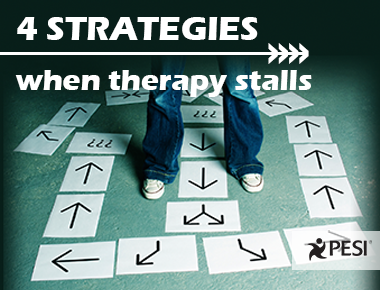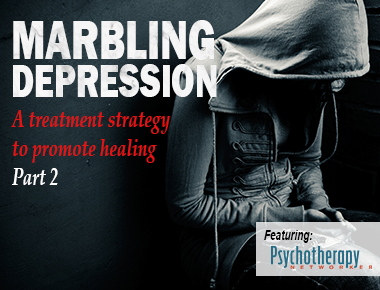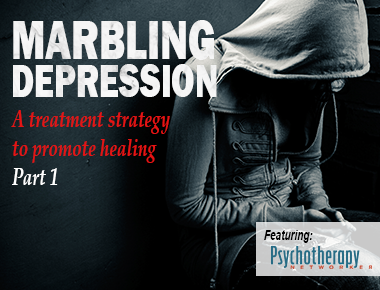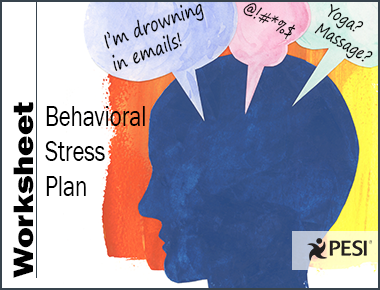Blogs and Free Resources
Here at PESI, our mission is to provide professionals like you with FREE practical and valuable tools, strategies,
and resources to assist with the great work you do. Find expert tips, helpful worksheets, demonstration videos, CE, news,
and more here. Happy learning!

2 Games for Play Therapy Success
Game play not only relieves stress and boredom, but can help us connect with and explore our own and others feelings, thoughts, values, and attitudes. Here are two games for play therapy success...

3 Meditative Techniques for Self-Regulation
With the help of children with and without autism, award-winning author and self-regulation expert Teresa Garland, MOT, OTR/L, has created a collection of interventions that can be used to help any child get calm and stay calm. Here are some fun methods to help achieve calm attention.

The Vocabulary of Reading
No one can ever prepare a parent for the confusion that comes when their child appears to learn in a different way from other children. And sometimes, we forget that parents of our students may also be struggling to understand how to help their child. Read more and download a helpful worksheet for parents: The Vocabulary of Reading.

What Does it Mean to be a Culturally Competent Counselor?
As clinicians, we are often called upon to support and treat people during their incarceration, release, and parole. We also support their family members during this time. Understanding how social injustice, like racism, poverty and mental illness, contributes to incarceration is essential to effective clinical care.

4 Strategies to Jumpstart Progress When Therapy Stalls
What do you do when a client stops making progress in therapy and it seems like your sessions are going nowhere? There are many reasons why this can happen including fear of change, unresolved trauma or a lack of clarity between client and therapist on the goals for therapy. Here are 4 strategies that not only dissolve standstills, but can also trigger big breakthroughs for your clients.

Out of the Tunnel: A Series on escaping the path of depression—Part 2
What happens when you ask your depressed client to help you map out not only the contours and geography of their suffering but also their competence and better moments? You get a new strategy for treating depression: marbling.

Out of the Tunnel: A Series on escaping the path of depression—Part 1
What happens when you ask your depressed client to help you map out not only the contours and geography of their suffering but also their competence and better moments? You get a new strategy for treating depression: marbling.
Join us for part one of our two part exploration of "marbling" from expert Bill O'Hanlon.
Join us for part one of our two part exploration of "marbling" from expert Bill O'Hanlon.

Teflon for Cravings
Cravings and urges are like powerful gusts of wind that can appear quickly and powerfully. If you're not ready, these gusts can spin you out of control and sap your ability to stay on course, not to mention diminish your clarity and resilience. To better manage unexpected (or familiar) cravings, do this...

Behavioral Stress Tolerance Plan: A worksheet for therapists and clients
An excellent way to manage both your stress and your client’s is to incorporate a Behavioral Stress Tolerance Plan. Get the worksheet and find out how it's different from most emotional management plans.

Married to the military: 6 tips to support the military couples we work with
If we want to help our clients (enlisted, Guard and Reserve, vets) we should arm ourselves with some skills and resources. Here are six tips to utilize when working with these clients...



